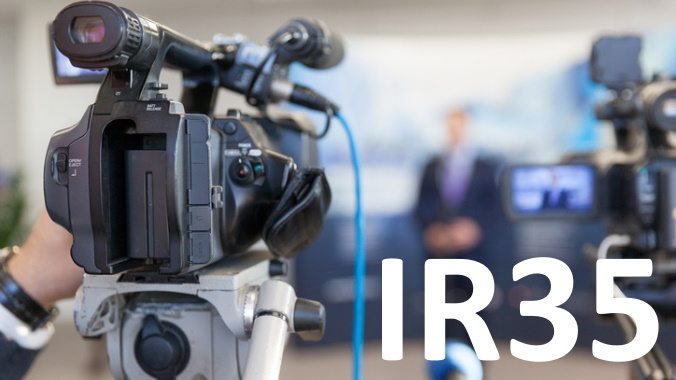Television presenter Eamonn Holmes has been defeated by HMRC at an IR35 tax tribunal. Holmes failed in his appeal against HMRC’s tax assessment concerning engagements between his limited company, ‘Red, White and Green Limited’, and ITV during the 2011/12 and 2014/15 tax years. The decision was given in principle with the parties yet to agree on tax figures due.
Tribunal Judge Harriet Morgan concluded that there was sufficient mutuality of obligation (MOO) and “at least a sufficient framework of control to place the assumed relationship between ITV and Mr Holmes in the employment field”. This was in spite of the “considerable autonomy” that Holmes was considered to exercise in how he prepared for and presented ITV’s ‘This Morning’.
It is not yet known whether the ruling will be appealed by Holmes, who will first consult with lawyers to understand the decision.
Holmes appeals for “clarity and consistency” by IR35 tribunal outcome
A statement released to ContractorCalculator by a spokesperson for Eamonn said: “Eamonn has always considered himself a self-employed freelancer and has never knowingly avoided paying taxes. He is taking the time to understand the extensive document detailing the outcome.
“Like many people across the country and from many different professions, he is seeking to comprehend what this means; and simply wishes for clarity and consistency across the guidelines so that people don’t suffer the same confusion over these retrospective IR35 rulings.”
Chaplin agrees: “It would be wrong to suggest the manner in which Holmes was engaged was contrived by either party in order to avoid tax. This is not a case of tax avoidance, and not the kind of situation which IR35 was brought in to combat, 20 years ago. In my view neither Holmes nor ITV share any blame here - the fault lies with an unworkable piece of legislation that no-one properly understands.”
Both Holmes’ and Chaplin’s comments were supported by Judge Morgan who, in her ruling, expressed her belief that Holmes being deemed inside IR35 wasn’t a result of intentional tax avoidance, stating:
“Mr Holmes has a forceful personality and his passion for his presenting and journalistic work was readily apparent. In that context, I find it unsurprising that Mr Holmes would want to engage others to organise and deal with the legal and other details of his engagements for him so that he can focus on what really interests him, namely, his presenting and journalistic work.”
Impending reforms raise questions over historical IR35 cases
Much of HMRC’s rhetoric surrounding its impending plans to roll out new IR35 forms, repackaged as the ‘Off-Payroll’ rules, focuses on the need to provide ‘fairness’. As Chaplin highlights, the cruel irony of the situation for Holmes is the imminent replacement of the current IR35 rules:
“Had Holmes been investigated under the new rules, due to take effect in April 2020, he would not owe HMRC any money at all. He would actually get a tax refund, and it would be his deemed employer - in this case ITV - that would be picking up a tax bill.”
He adds: “But in this instance, because of the unfairness of the old rules, Holmes is now facing a tax bill for employment taxes that shouldn’t even be his responsibility. How is that fair?”
Will victory spur on taxman in pursuit of broadcasting freelancers?
But with this judgment coming fresh on the heels of the recent BBC presenters case – another win for HMRC – the danger for others is that the taxman’s indiscriminate pursuit of freelance broadcasters claims more victims, as highlighted by Chaplin:
“IR35 tax tribunals are not only expensive, but also very long, drawn out and stressful affairs. The danger is that many more self-employed freelancers in the media sector could find themselves facing unexpected and life changing tax bills if HMRC decides to extend its reach.”

